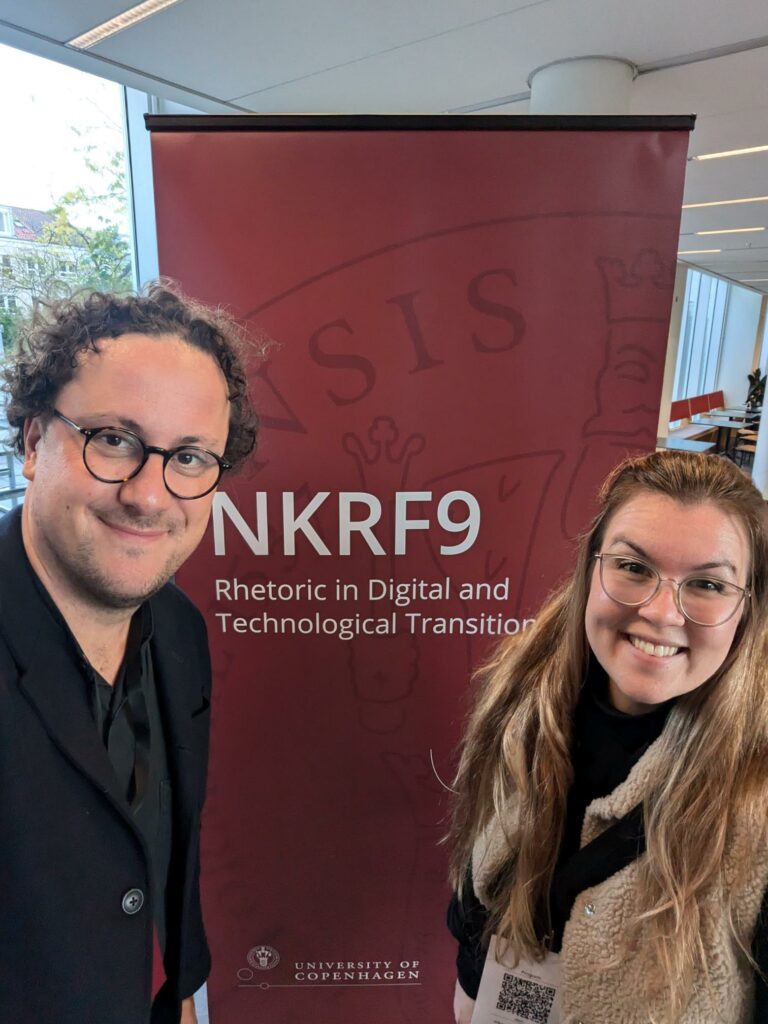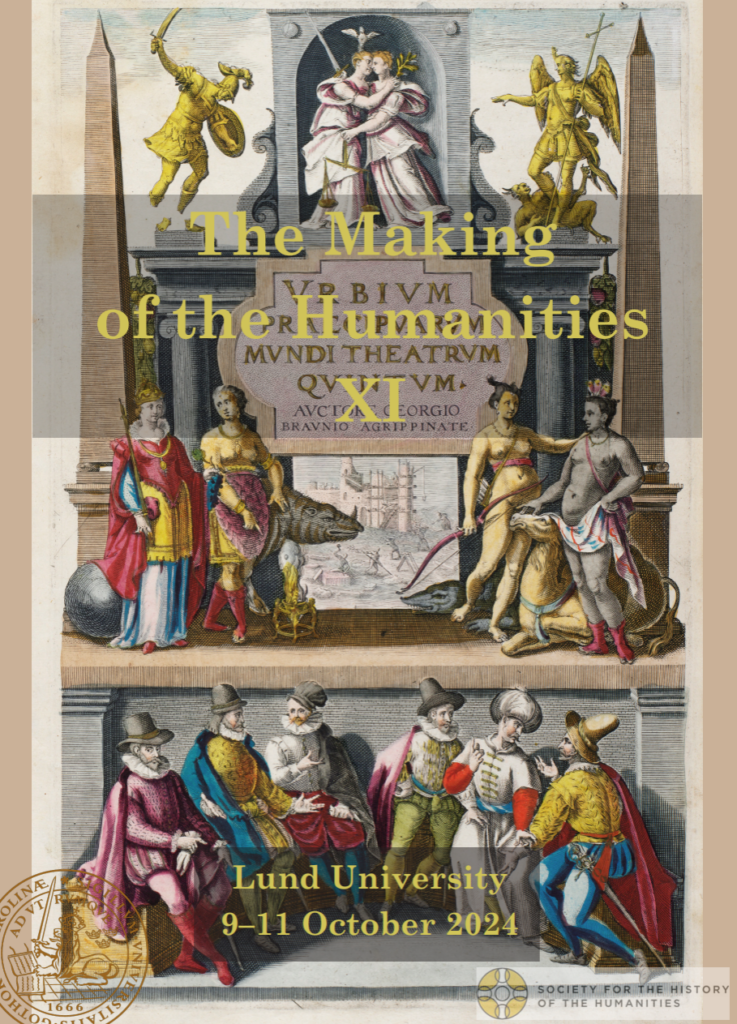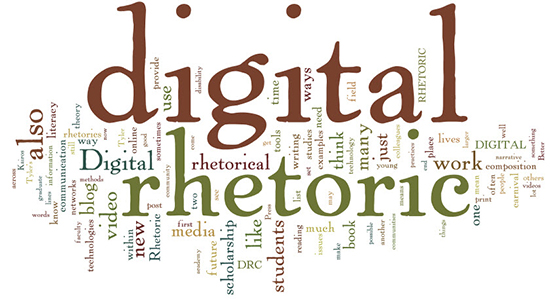RHET AI members have two conferences coming up at the beginning of October, one in Copenhagen, Denmark and one in Lund, Sweden. At the Rhetoric in Digital and Technological Transition conference in Copenhagen, Markus Gottschling and Salina Weber from the RHET AI Center will give a talk titled Towards Rhetorical AI Literacy. Markus Gottschling will then attend The Making of Humanities conference in Lund to present a panel on 'Jagged lines of experience' as Sites of Epistemic Productivity in the Humanities together with Fabian Erhardt (RHET AI) and Sara Bangert (University of Tübingen).
NKRF9: Rhetoric in Digital and Technological Transition (University of Copenhagen)
The multimedia online world and communication: In today's world, rhetoric is taking on a new form due to rapid digital and technological developments, entailing new challenges and regulations. From teaching to research to practical advice: Everything revolves around algorithms and AI, which are changing the way we communicate with each other. However, rhetoric also thrives on analog communication, for which places, materials and actual physical presence is central. How can the analog, classical side of rhetoric and the ongoing digital developments be reconciled? What new possibilities are opening up, how should and must the field of rhetoric continue to develop and what new research questions does this raise?
In their talk Towards Rhetorical AI Literacy, Markus Gottschling and Salina Weber discuss the unstoppable rise of generative AI, making it increasingly important to acquire AI skills — especially for researchers, administrators and communicators in academia. Since generative AI only imitates existing texts or images and produces "bullshit" in the sense of Harry G. Frankfurt, its use in communication can have both positive and negative effects. Through workshops, the RHET AI Center aims to impart rhetorical AI competences that go beyond technical understanding and will improve the application of AI in communication through classical rhetorical concepts such as doxa, topoi and imitatio.
Also speaking at the conference: Sine N. Just, Professor at the Department of Communication and Humanities (Roskilde University, Denmark), Damien Pfister, Associate Professor, Department of Classics (University of Maryland, USA) and Johanna Hartelius, Associate Professor, Chair of Communication Studies (Moody College of Communication, University of Texas at Austin, USA).
Sine N. Just argues that digital technologies are increasing polarization through personalization and algorithms. She diagnoses the current situation as a "closing of the rhetorical mind" and suggests reviving classic rhetorical practices such as controversia to promote public debate and trust.
In his keynote, Damien Pfister discusses the digital transformation that rhetoric is undergoing and the resulting new theories that are producing new technological and ecological concepts. These concepts examine how digital technologies and non-human actors influence our coexistence.
Johanna Hartelius emphasizes that algorithmic thinking and AI have been in the public eye since the end of 2022. In her keynote, she examines how layman discourses interpret their “learning processes” through tools such as Midjourney and what impact this has on the concept of ethos and coexistence with AI.

The Making of the Humanities (MoH) XI, Lund 2024 (Society for the History of the Humanities)

The MoH conferences bring together academics and historians interested in the development of history in disciplines such as archaeology, art history, historiography, linguistics, literary studies, media studies, musicology and philology. The overarching theme of this year is Shifting Cultures of Knowledge in the History of the Humanities.
The focus is on the question of whether it is time to rethink the history of the humanities in relation to other epistemic formats. During the three-day conference there will be two keynotes and several panels.
Panel topics include, for example, Complexity (Science) and the (History of) Humanities, Purpose of History and Practices of Writing in the 19th Century, and The Social Diaspora of Humanistic Knowledge.
The panel 'Jagged lines of experience' as Sites of Epistemic Productivity in the Humanities by Fabian Erhardt, Sara Bangert and Markus Gottschling deals with the concept of "Jagged lines of experience" according to Bernhard Waldenfels, which refers to cracks and uncertainties in experience that break through established orders. In their lectures, the three will examine this topic using cases such as the sublime in Kant, epistemic encounters with "the significant otherness" by Donna Haraway and fictionalization in science communication to illustrate the methodological and theoretical approaches of the humanities in dealing with such experiences.
We are very excited about both conferences and are looking forward to the reportsfrom our colleagues!






